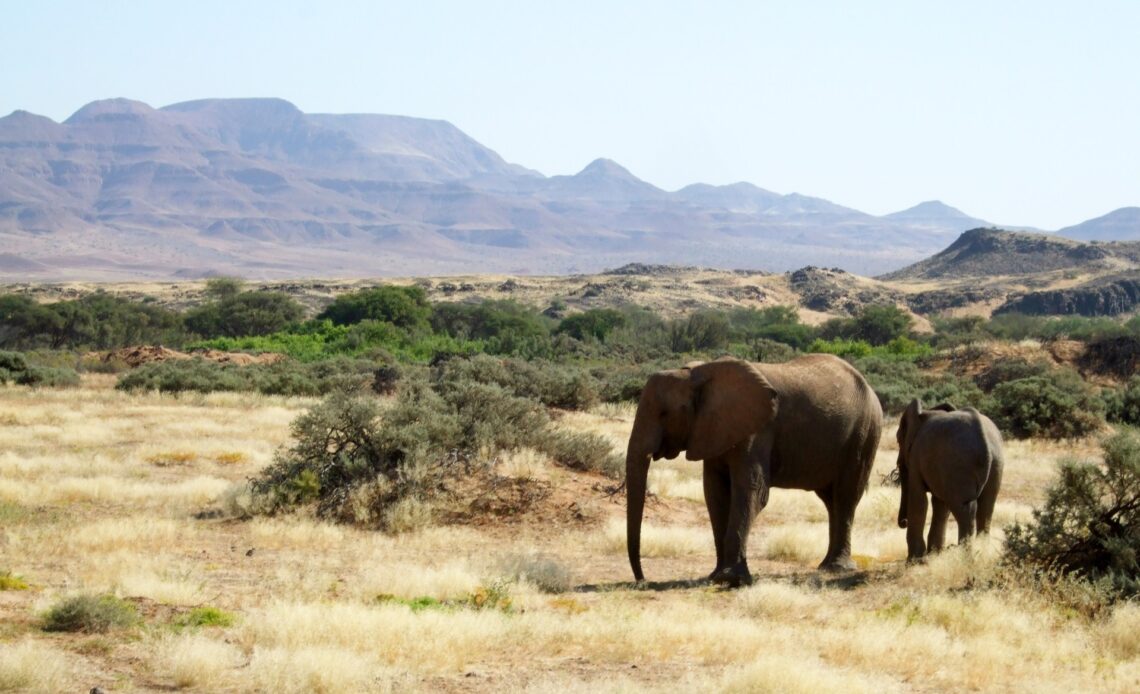More than 700 wild animals, including hippos and elephants, are being culled in Namibia’s game parks to provide meat for the country’s hungry, the government has said, as the arid Southern African region battles its worst drought in 100 years.
A spokesperson for United Nations Secretary-General Antonio Guterres described the situation in the country as a “humanitarian crisis we’ve never spoken much of” at a media conference on Friday.
About 84 percent of the country’s food reserves have been exhausted as a result of the drought, the UN said, with nearly half of the 2.5 million population expected to experience high levels of food insecurity during the lean season from July to September.
“This exercise is necessary and is in line with our constitutional mandate where our natural resources are used for the benefit of Namibian citizens,” a statement on Monday from the country’s environment ministry read.
Here’s what you need to know about the cull-for-meat plan.
Why is there a drought and what are the effects?
Southern Africa is recording its most severe drought in decades, beginning from October 2023.
Rising temperatures in the region have resulted in low rainfall. In February, when the rainy season would normally peak, the region received less than 20 percent of needed rainfall, according to scientists.
While the region is drought-prone, experts say the El Nino weather phenomenon which typically causes higher global temperatures, combined with human-caused climate change, is driving the current worse than usual dry spell. Namibia, Zimbabwe, Malawi and Zambia have declared drought emergencies.
Like its neighbours, Namibia is dependent on agriculture and livestock which need rain to flourish. However, it has recorded several droughts in recent years, affecting food production. Authorities declared drought emergencies three times between 2013 and 2019.
The UN said the current drought is contributing to cases of acute malnutrition – and in some cases, death – in children under five.
The drought also increases the risks of violence against women and girls, the UN said. Women and girls who usually fetch water for their families are having to travel longer distances, making them more vulnerable to assault.
Authorities say diseases like cholera are also spreading.
In addition, the Namibian environment ministry says drier than normal conditions are exacerbating human-wildlife conflict as man and beast compete for water and land…

